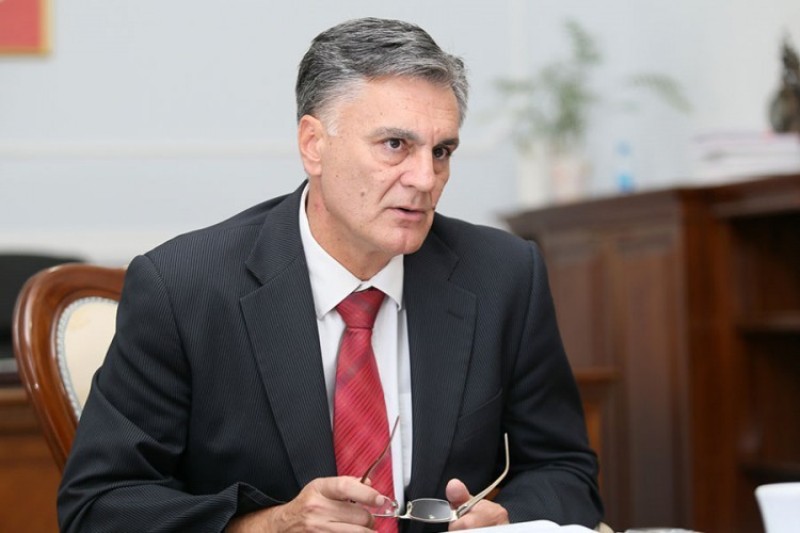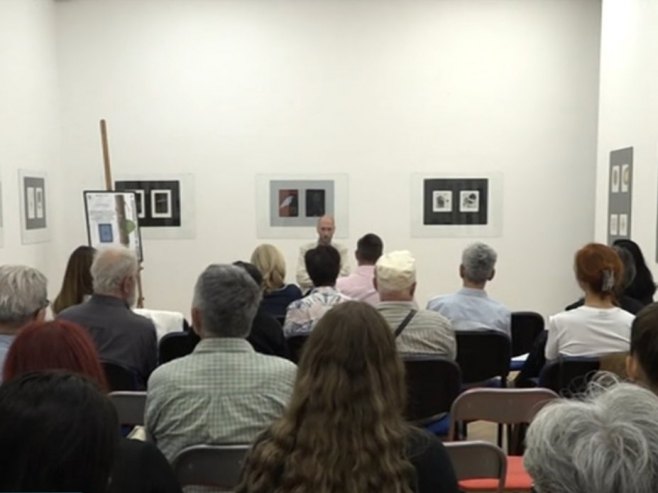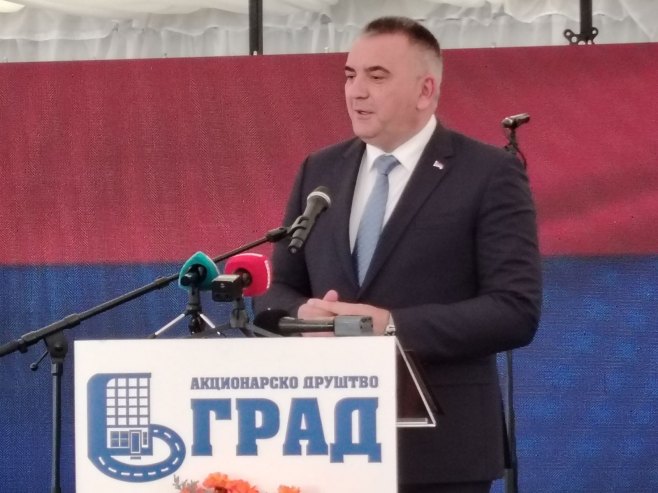Radovan Kovačević, a delegate in the House of Peoples of the Parliamentary Assembly of Bosnia and Herzegovina, stated today that the Constitution clearly specifies that property belongs to Republika Srpska and the Federation of Bosnia and Herzegovina. He supported this argument by noting that privatization in Bosnia and Herzegovina was carried out by the entities in cooperation with the international community.
Kovačević emphasized that Bosnia and Herzegovina does not have a government, and that the Presidency is the only executive branch of power.
He pointed out that the Council of Ministers, as defined by the Constitution of Bosnia and Herzegovina, is an advisory body to the Presidency and is far from being a government.
“Serbia has a government, Croatia has a government, and other countries have governments. Bosnia and Herzegovina does not have a government; it has the Council of Ministers, which is an advisory body to the Presidency of Bosnia and Herzegovina, the only executive branch of power as defined by the Constitution,” Kovačević told N1.
He reiterated that the Constitution clearly states that property belongs to Republika Srpska and the Federation of Bosnia and Herzegovina, and that no one involved in creating the Dayton Agreement would claim the absurd notion that property belongs to Bosnia and Herzegovina.
Kovačević also pointed out that the Constitution explicitly lists the competencies of Bosnia and Herzegovina that must be respected.
“Whether I like it or not, I have to respect it. The monetary and political competencies of Bosnia and Herzegovina are clear. I cannot create a currency for Republika Srpska, nor can Nermin Nikšić or anyone else in the Federation do so. This is written in the Constitution, and it must be respected,” Kovačević said.
He added that the Constitution states that “everything not explicitly listed as a competency of Bosnia and Herzegovina belongs to the entities.”
Based on this, there are ministries of internal affairs in Republika Srpska and the Federation of Bosnia and Herzegovina, as well as ministries of health, social policy, agriculture, culture, and education, all at the entity level.
“Everything is at the entity level because it is not listed as a competency of Bosnia and Herzegovina,” Kovačević noted.
Regarding property, Kovačević stated that the entities carried out privatization in Bosnia and Herzegovina in cooperation with the then-OHR.
“That privatization was done in full cooperation with the international community, and they fully allowed it. It was completely logical based on the Dayton Agreement,” Kovačević said.
When asked about the Constitutional Court’s ruling that nullifies any management of ‘state’ property, Kovačević responded that the Constitution of Bosnia and Herzegovina stipulates that the Constitutional Court must protect the Constitution, but that the court is currently acting beyond its constitutional scope because it is supported by certain interests.
“The Constitution also states that the three foreign judges should have left and that a way should have been found for them to leave five years after the signing of the Dayton Agreement. That was in 2000, 24 years ago,” Kovačević concluded.
Source: RTRS









